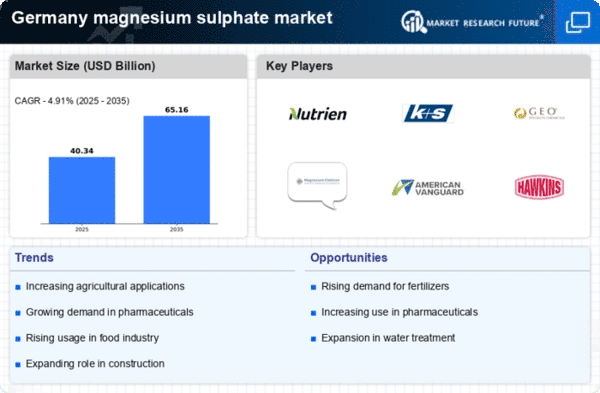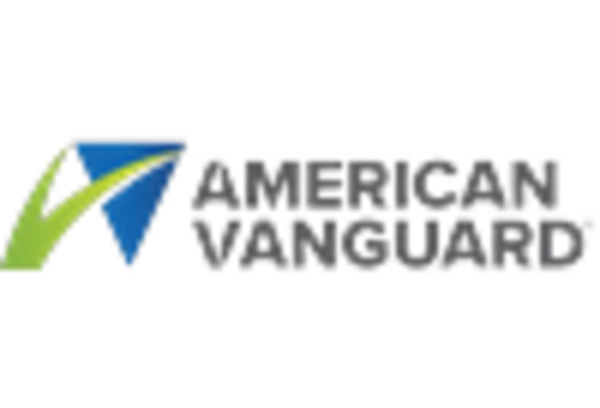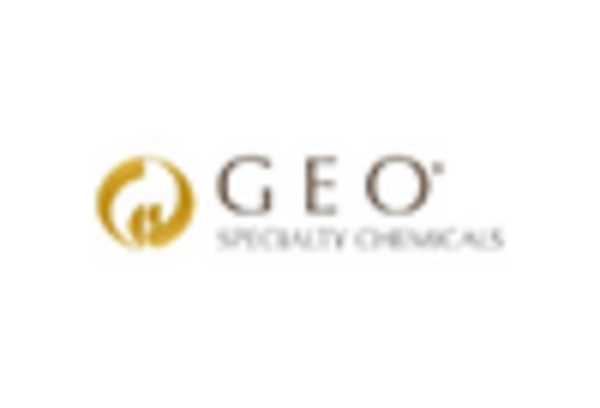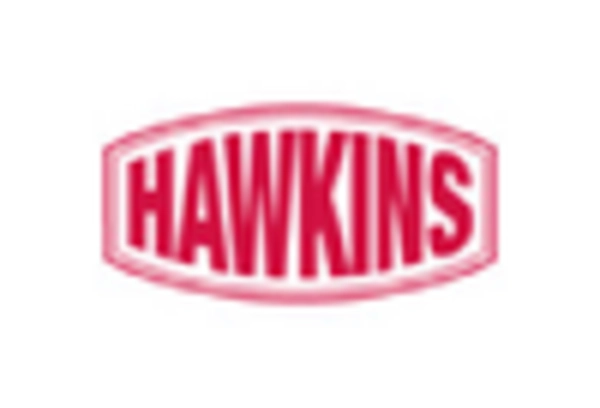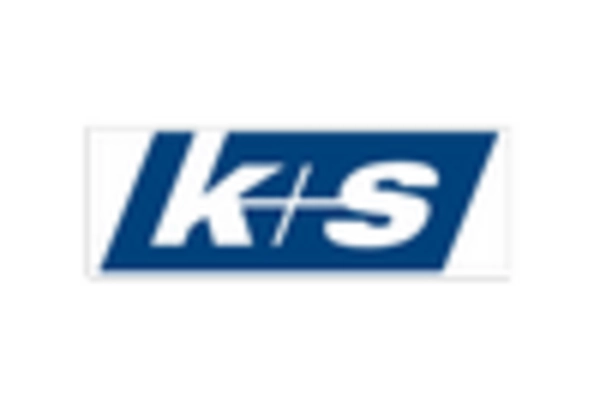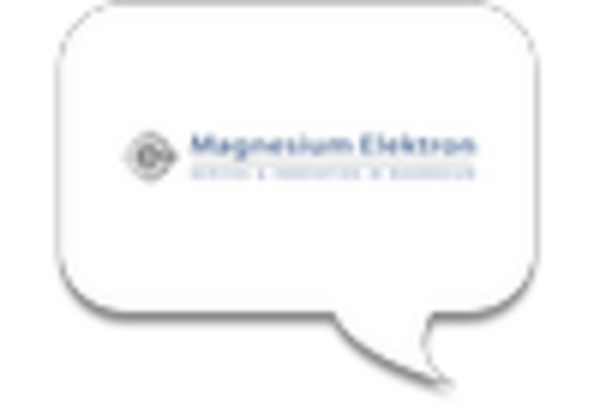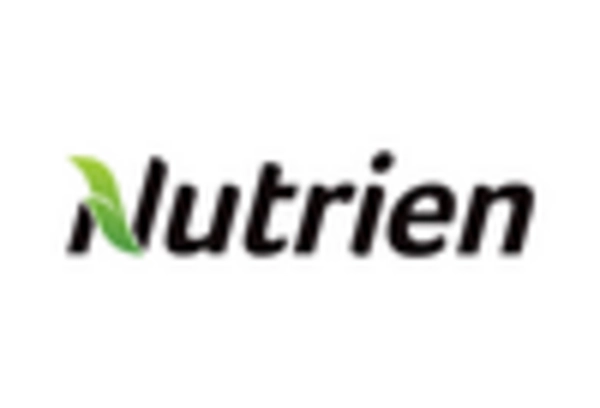Germany Magnesium Sulphate Market Summary
As per Market Research Future analysis, the Germany magnesium sulphate market was estimated at 38.45 $ Billion in 2024. The Germany magnesium sulphate market is projected to grow from 40.34 $ Billion in 2025 to 65.16 $ Billion by 2035, exhibiting a compound annual growth rate (CAGR) of 4.9% during the forecast period 2025 - 2035
Key Market Trends & Highlights
The Germany magnesium sulphate market is poised for growth driven by agricultural and pharmaceutical demands.
- The agricultural segment represents the largest share of the magnesium sulphate market in Germany, primarily due to rising fertilizer usage.
- Pharmaceutical applications are emerging as the fastest-growing segment, reflecting an increasing focus on health and wellness.
- Sustainability trends are influencing production practices, with a notable shift towards environmentally friendly methods.
- Key market drivers include the expansion of the pharmaceutical sector and rising awareness of nutritional benefits.
Market Size & Forecast
| 2024 Market Size | 38.45 (USD Billion) |
| 2035 Market Size | 65.16 (USD Billion) |
| CAGR (2025 - 2035) | 4.91% |
Major Players
Nutrien Ltd (CA), K+S AG (DE), GEO Specialty Chemicals (US), Magneisum Elektron (GB), American Vanguard Corporation (US), Hawkins Inc (US), Searles Valley Minerals (US), Yara International ASA (NO)


